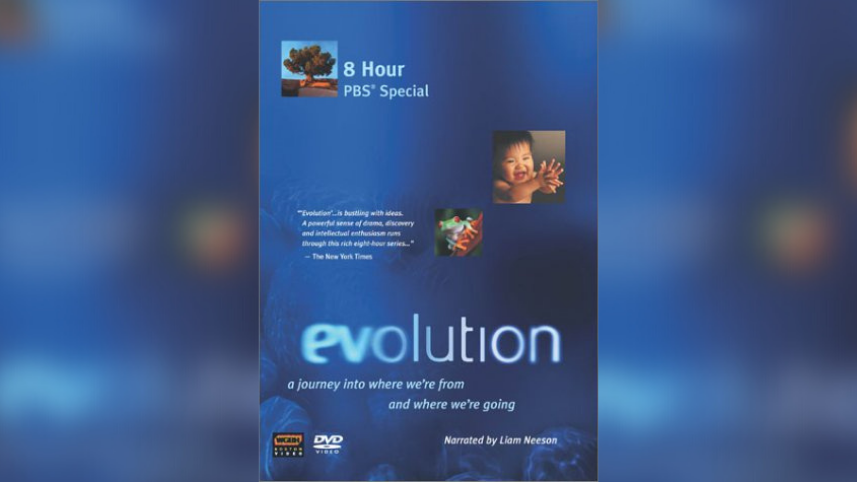Not surprisingly, as news of the series became public, anti-evolution forces did their best to prepare counter-strategies, complaining publicly about the “one-sided” nature of the series, and even publishing a small booklet claiming, falsely, that the series was riddled with errors and misrepresentations. Their claims were easily debunked, their attacks had little effect, and the series has continued to influence American views on evolution and science curricula throughout the nation. 2021 is a particularly meaningful time to remember these eight hours of television, especially as we consider how Americans have changed their views of evolution in the years since.
As a recent article in Salon pointed out, based on a research study that NCSE staff contributed to, Americans were evenly divided on whether humans evolved from earlier species of animals as recently as 2007. In the past decade, however, acceptance of that proposition has steadily increased to the point where a majority of Americans now accept the evolutionary origins of our species. Just as significantly, the number of people who either reject evolution or have no opinion has dropped year after year.
Many factors are likely responsible for this trend. The resounding defeat of “intelligent design” creationism in the 2005 Kitzmiller v. Dover trial clearly played a part, as did the increasing level of education among American adults, and the prominent place that evolution now occupies in both state and national science education standards. The effect of the Evolution series, however, clearly merits inclusion in any list of positive influences on the level of acceptance of evolution. And, if you haven’t seen the series, it’s absolutely worth your time and attention.
NOVA described the series as “[a] journey into where we’re from, and where we’re going.” Today, as we confront the challenges posed by the continuing evolution of a pandemic respiratory virus, understanding the forces that drove the emergence of that virus and its variants is more important than ever. In so doing, it is worth remembering a television series that helped to move the American public ever closer to an understanding of the process at the very core of life on Earth: Evolution.
Watch all 7 episodes of the series on YouTube:
Episode 1: Darwin's Dangerous Idea
Episode 2: Great Transformations
Episode 3: Extinction
Episode 4: The Evolutionary Arms Race
Episode 5: Why Sex?
Episode 6: The Mind's Big Bang
Episode 7: What About God?


